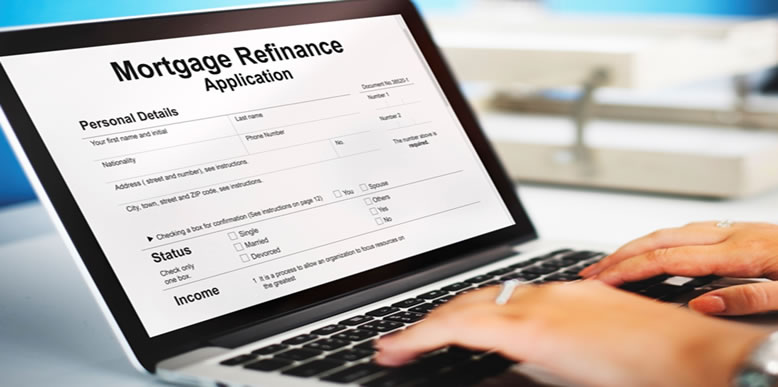Tuesday, March 29, 2022 / 07:30AM / Sponsored Post / Header Image Credit: rawpixel.com
If you are currently in the position of being able to refinance your mortgage it is a perfect time to look into it because of the all-time low rates that are currently being offered. However, you need to make sure that it is going to end up being a good move for you. It may seem like a good idea to get a refinance loan, but it could cost you more in the long run. Here are few things you need to know before you think about signing a new contract.
1. Current Equity: The longer you pay on a mortgage loan the more equity you will build. The equity is the amount of money that you have after you take the current market value of the home and subtract the amount of money that you still owe on the loan. If you do not have over 20% equity built up you may not want to refinance, even if a lender will offer you one because they require a minimum amount.
2. Credit Score: You have gone through this process before, so you already know how important your credit score is. You need to make sure it is as high as possible. If it is lower, with no chance of a fast fix, you may end up with a refinanced mortgage that has higher rates than the one you currently have.
3. Debt to Income Ratio: This is another aspect of the loan process that you should already be familiar with. This is how much debt you have compared to your total income. Lenders have become stricter on this ratio than ever before, making it harder to get a loan, even if it is a refinance loan. The current suggestions are to keep your ratio below 36%, if your other information looks good.
4. Refinancing Costs: Refinancing your current home loan could be an effective way to decrease your payments, but before deciding to sign on the dotted line you need to understand that it will cost you 3% to 6% of the total loan amount in costs. You can check out an online comparison site, such as iSelect refinance home loan options, to find the lender that will offer you the best deal. If your costs are too high, though, you may not want to try and refinance.
5. Rates: Many lenders, and homeowners, will only consider how a refinance can help their interest rates. Most of you will never factor in the length of the contract to see if you are truly saving money. For instance, if you are paying less on interest with your refinanced loan, but you must pay on it five extra years, it may not actually be saving you money.
6. Breakeven Point: One more thing to check is your breakeven point. This is the amount of the closing costs divided by the amount of money that you will be saving every month. If the breakeven point is within a year or two it would be an excellent choice to move forward with the refinance, if everything up to this point looks good.
7. Private Mortgage Insurance: If your lender required you to get a private mortgage insurance you will need to factor this into your overall savings if you refinance. This type of insurance can be costly so if you can get a new loan that excludes it you would be best if you took it.
8. Taxes: Many homeowners use the yearly deduction on their taxes that is given on the amount of interest that they have paid. Lower interest rates would mean that you would not be paying as much throughout the year, so your deduction will decrease.
9. Budget: This should probably be the first point in this article, but you should already know your budget before you even attempt to change loans. Even if the refinance will decrease the amount that you must pay out, you need to make sure that you still have the expenses associated with the process, as discussed above.
These are the top 9 things that you should check into before trying to refinance your home. With the interest rates being so low it may seem like a great idea to jump into a new loan, but it may not be the best move for you to make. Check out every aspect of your financial position, look in to how much you would actually save if you did move forward, and then use your deductive reasoning to make a decision. If you are in the position to be able to effectively use a refinance loan, then by all means get to it.
DISCLOSURE: This is a sponsored content and is not a recommendation to buy or sell the products or services mentioned therein. This service is offered to organisations that seek to reach out to our audience and Proshare is bound to comply with in-house editorial rules requiring this necessary disclosure. To engage our business team regarding this service or share any feedback regarding this post, please email [email protected]
 Lagos, NG • GMT +1
Lagos, NG • GMT +1











 284 views
284 views







 Sponsored Ad
Sponsored Ad
 Advertise with Us
Advertise with Us









